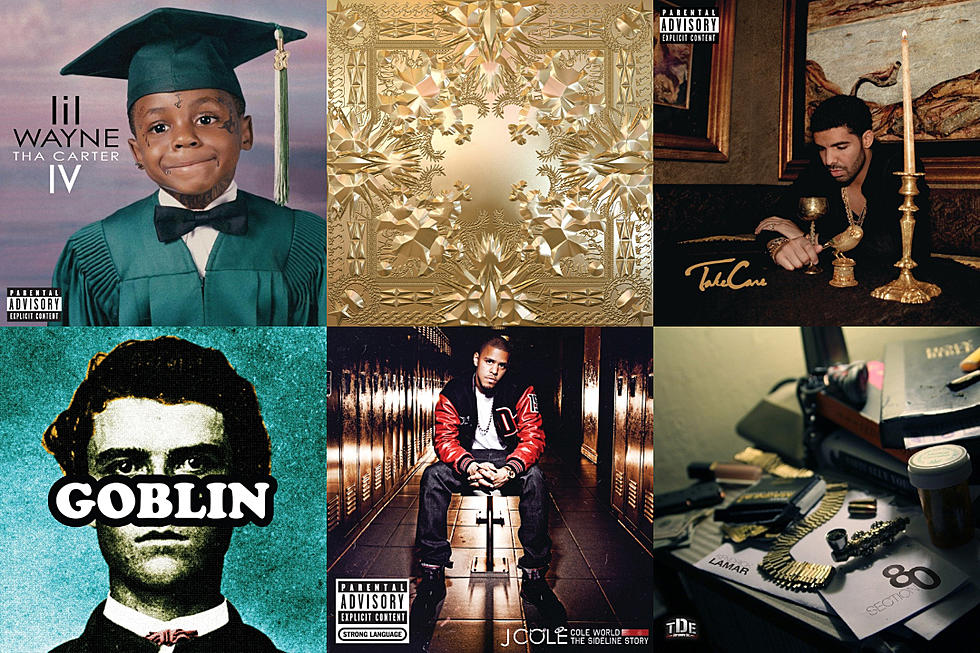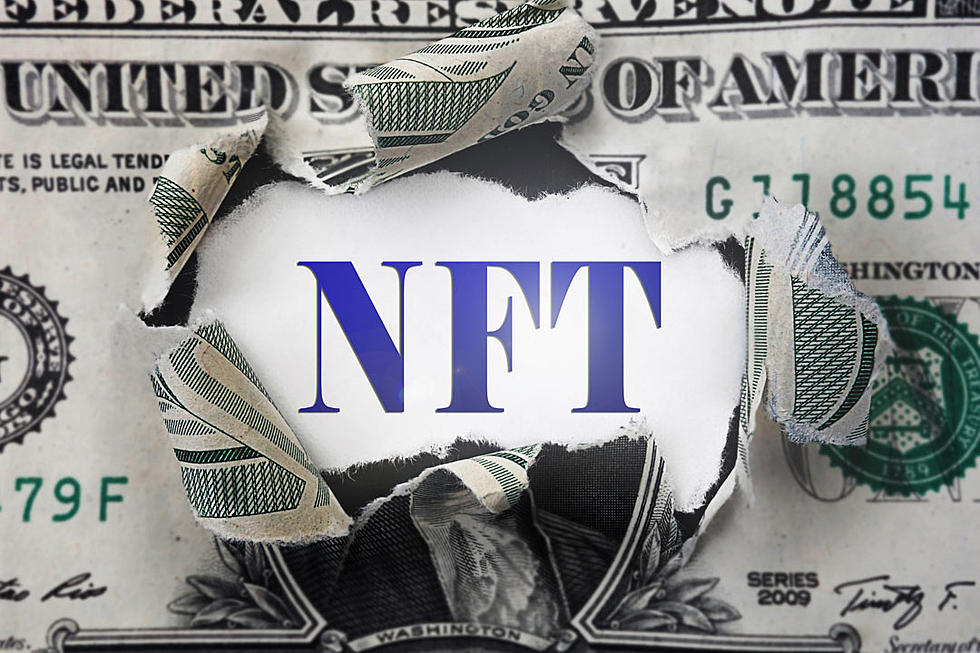
Saigon Delivers Potent Rhymes On ‘G.S.N.T.3.: The Troubled Times Of Brian Carenard’
Saigon returns to the essence of New York rap with his third studio LP, G.S.N.T.3.: The Troubled Times of Brian Carenard. The Brooklyn rapper, who left behind his reality TV days, is back to the basics and wants to reassert himself as one of NYC's renowned lyricists. Although he's independent with his start-up label Squid Ink Squad Records, Saigon is able to maintain his credibility with great production followed with great features. As expected, Just Blaze (Saigon’s friend/mentor) makes an appearance on the album’s initial track, but not in the way you’d think. Instead, Just Blaze provides Saigon with a motivational voicemail encouraging him to get refocused and that the fun and games are now over, which sets the tone for the entire album’s inspiration.
Saigon’s approach to the project illustrates that he realizes the imperative to capture his moment and potentially capitalize on his new found notoriety. Saigon doesn’t disappoint. This LP envelops the pride of New York coupled with socially sensible lyrics that invoke consciousness and provoke action by the apathetic. G.S.N.T.3. provides those nostalgic for lyrics and New York swagger, a timely release from the unfortunate status quo. Saigon definitely delivers potent substance in his rhymes while the content isn’t too preachy. Prime examples are songs like "Come Alive," "Street Gospel," and "Let's Get Smart."
True hip-hop fans will appreciate his new body of work as it counteracts the contemporary formula of heavy bass driven tracks that seem to have saturated radio. His features solidify his reputable status by having tracks with legends such as Big Daddy Kane, Kool G Rap, Papoose and even features Omar Epps (whom can actually rap!). He also grabs 2014 XXL Freshman Lil Bibby and fellow New York lyricist Memphis Bleek, who both shine on "Mechanical Animals (4 generations)." His beat selection identifies his desire to be a staple in the industry as opposed to a novelty, tapping the services of DJ Premier and Clev Trev.
Saigon definitely deserves to be respected as one of the rap game’s premier lyricists, but the album, however, begs the question of Saigon’s commercialism and adaptability. Will he be able to finally be recognized for his talent as opposed to his recent stint on VH1’s "Love & Hip Hop"? Will he bring lyrics back to the game, and reestablish New York’s identity once again? Will he amass a bigger fan base to relieve him of the pitfalls of staying relevant? These questions may seem too much to bear for one artist, but one of Saigon’s caliber is definitely deserving of either the spoils of success or the perils of unexploited talent. Either way, he is in control.—Brandon Matthews
More From XXL









